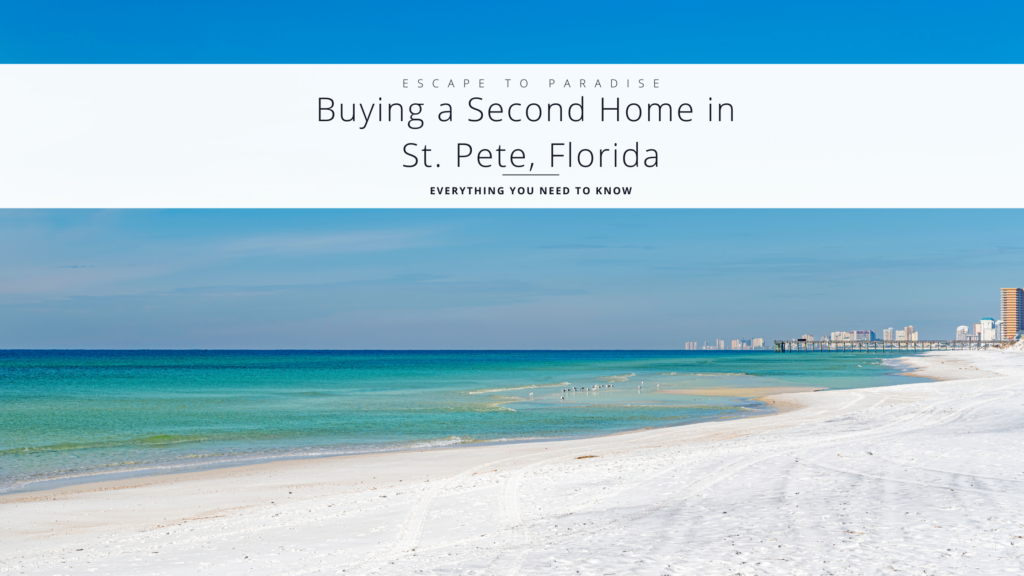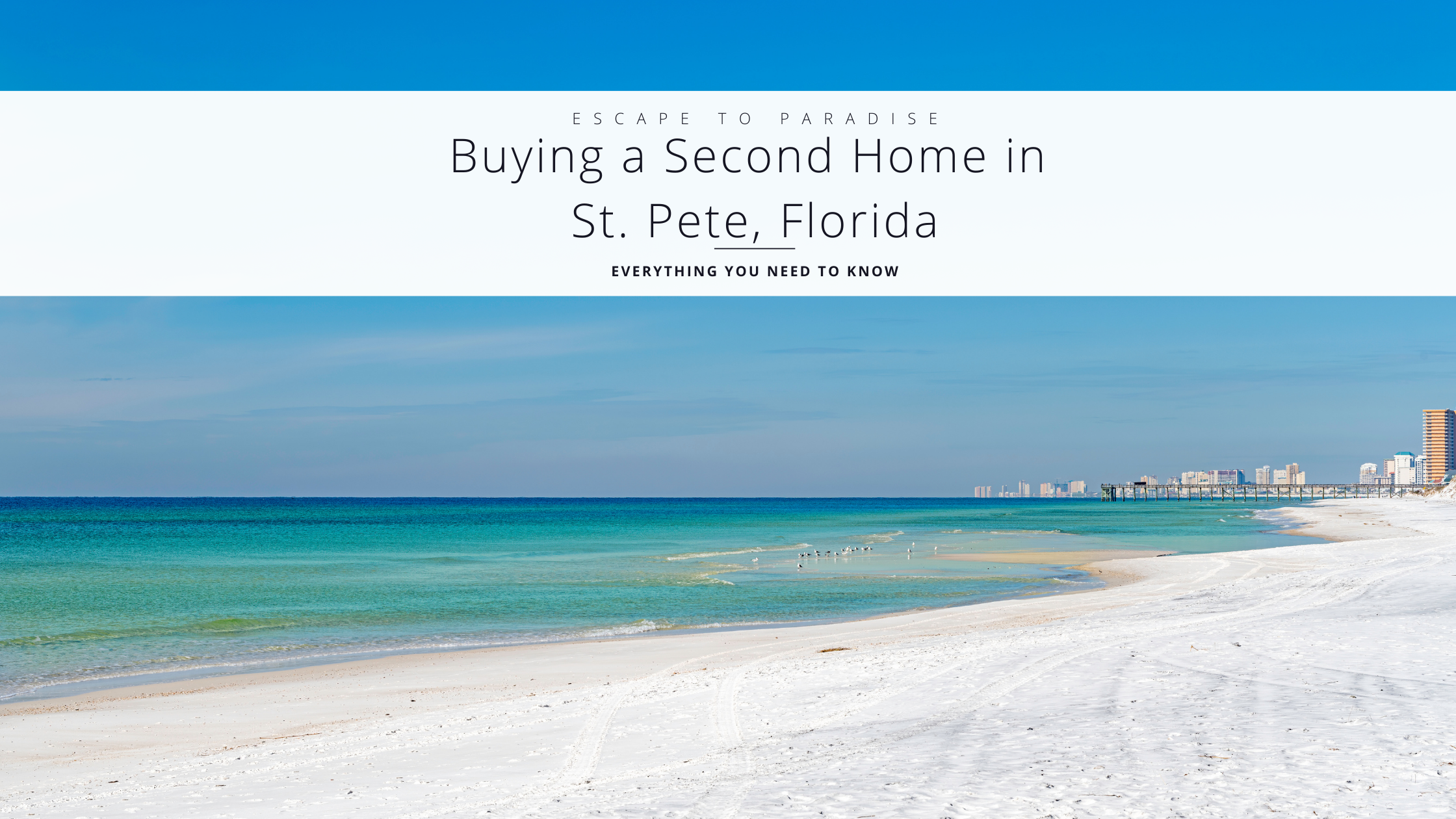
When it comes to buying a second home, there are a lot of things to consider. Whether you’re looking for a vacation home, an investment property, or a place to retire, there are a number of financial and logistical factors to keep in mind.
One of the biggest questions you’ll face is how to finance your second home purchase. Second home loans, also known as vacation home loans or investment property loans, can be a little more complicated than traditional home loans. Here’s what you need to know.
Types of Second Home Loans
There are a few different types of second home loans you can consider. The most common options are:
- Conventional Second Home Loans: These are the same types of loans you would use to buy a primary residence. They typically require a down payment of at least 10%, and the interest rates may be slightly higher than for primary home loans.
- Jumbo loans: If you’re looking to buy a high-end vacation home, you may need a jumbo loan. These are loans that exceed the maximum limit set by Fannie Mae and Freddie Mac, which is currently $726,200 for most parts of the country.
- DSCR loans: Debt Service Coverage Ratio loans are used for rental properties. If you are planning on using your second home as a short-term rental while you are not using it, these loans may be a good option. You may even be able to qualify based on the rental income.
Qualifying for a Second Home Loan
To qualify for a second home loan, you’ll need to meet a few basic requirements:
- A good credit score: You’ll typically need a score of at least 620, although some lenders may require a higher score.
- A low debt-to-income ratio: Lenders will look at your income and expenses to determine whether you can afford a second home loan.
- A down payment: Depending on the type of loan you choose, you’ll need to put down at least 10% of the purchase price, and possibly more.
In addition, lenders may also look at the location and type of property you’re buying, as well as your plans for using the home. For example, if you’re buying a vacation home that you plan to rent out when you’re not using it, you may need to provide rental income projections to show that the property will be profitable.
Location
If you’re considering buying a vacation home, St. Pete, Florida is a great place to look. Located on the Gulf Coast of Florida, St. Pete offers beautiful beaches, a vibrant arts scene, and plenty of outdoor activities. Here are a few things to keep in mind as you consider buying a second home in St. Pete.
St. Pete has a lot of different neighborhoods to choose from, each with its own unique character. Do you want to be near the beach or downtown? Do you prefer a quiet residential area or a bustling commercial district? Consider what’s most important to you in terms of location, and work with a real estate agent who can help you find the right neighborhood.
Property type
There are a variety of property types available in St. Pete, from single-family homes to condos to townhouses. A few items to consider are your lifestyle and how you plan to use your vacation home. Would a low-maintenance property be better for your plans or do you want a larger home where you can entertain friends and family? You should note that second home loans do not allow you to buy duplex, triplex, or quadplex.
Benefits of Second Homes
Despite the added complexity of financing a second home, there are many benefits to owning one. Here are a few:
- A place to escape: Whether you’re looking for a relaxing vacation spot or a place to retire, a second home can provide a welcome escape from the stresses of daily life.
- Rental income: If you plan to rent out your second home, it can be a great source of passive income.
- Investment potential: Real estate can be a smart long-term investment, and a second home may appreciate in value over time.
- Tax benefits: Depending on how you use your vacation home, you may be able to take advantage of tax deductions for mortgage interest, property taxes, and other expenses.
Buying a second home can be a great way to achieve your financial and lifestyle goals. However, it’s important to approach the process with care and make sure you understand the financing options available to you. With the right planning and a good team of professionals to guide you, you can find and finance the perfect second home for you and your family.

leave a comment
share
share
share
share
share